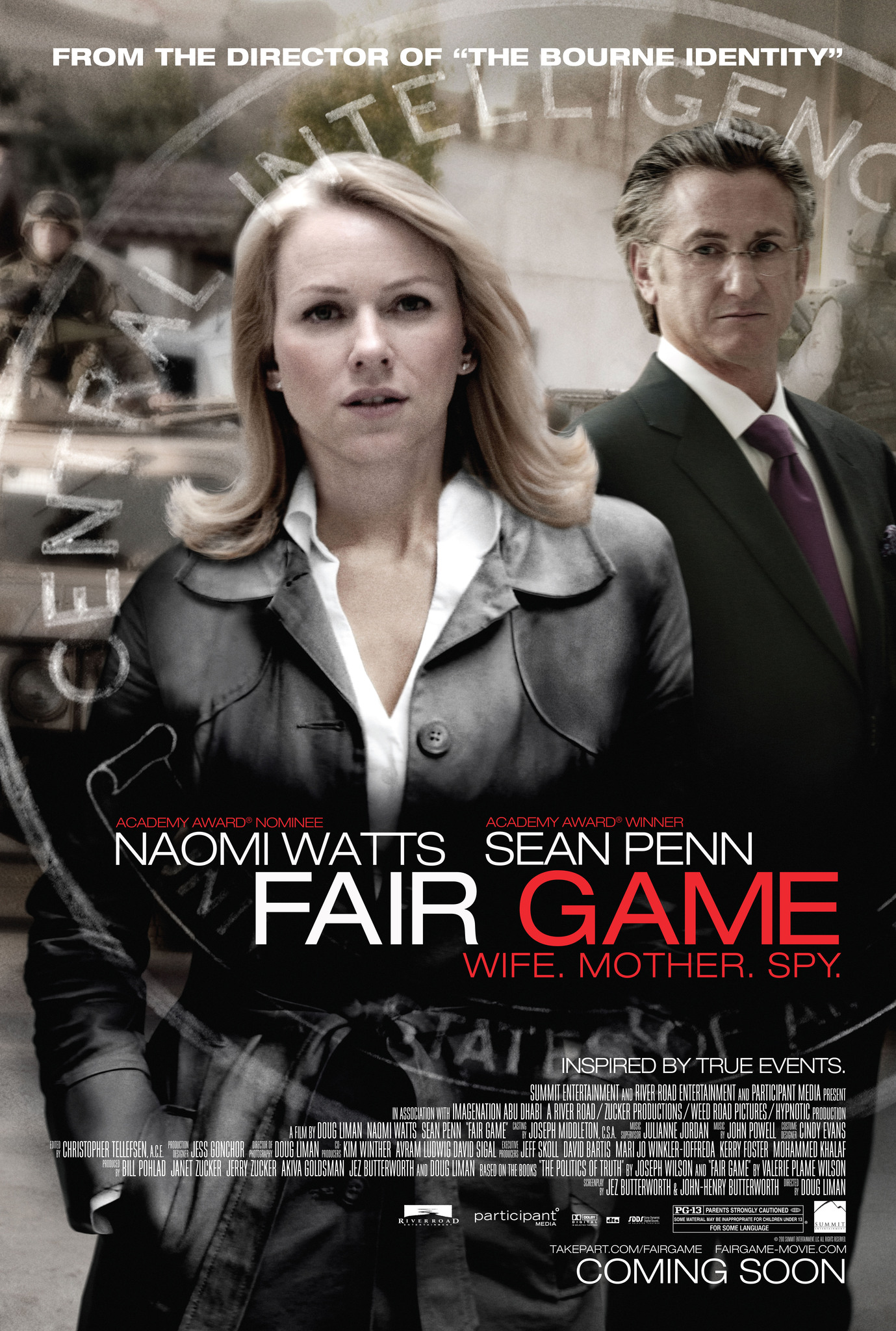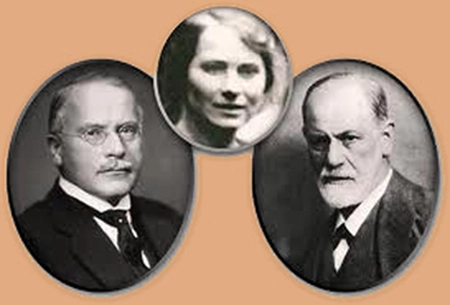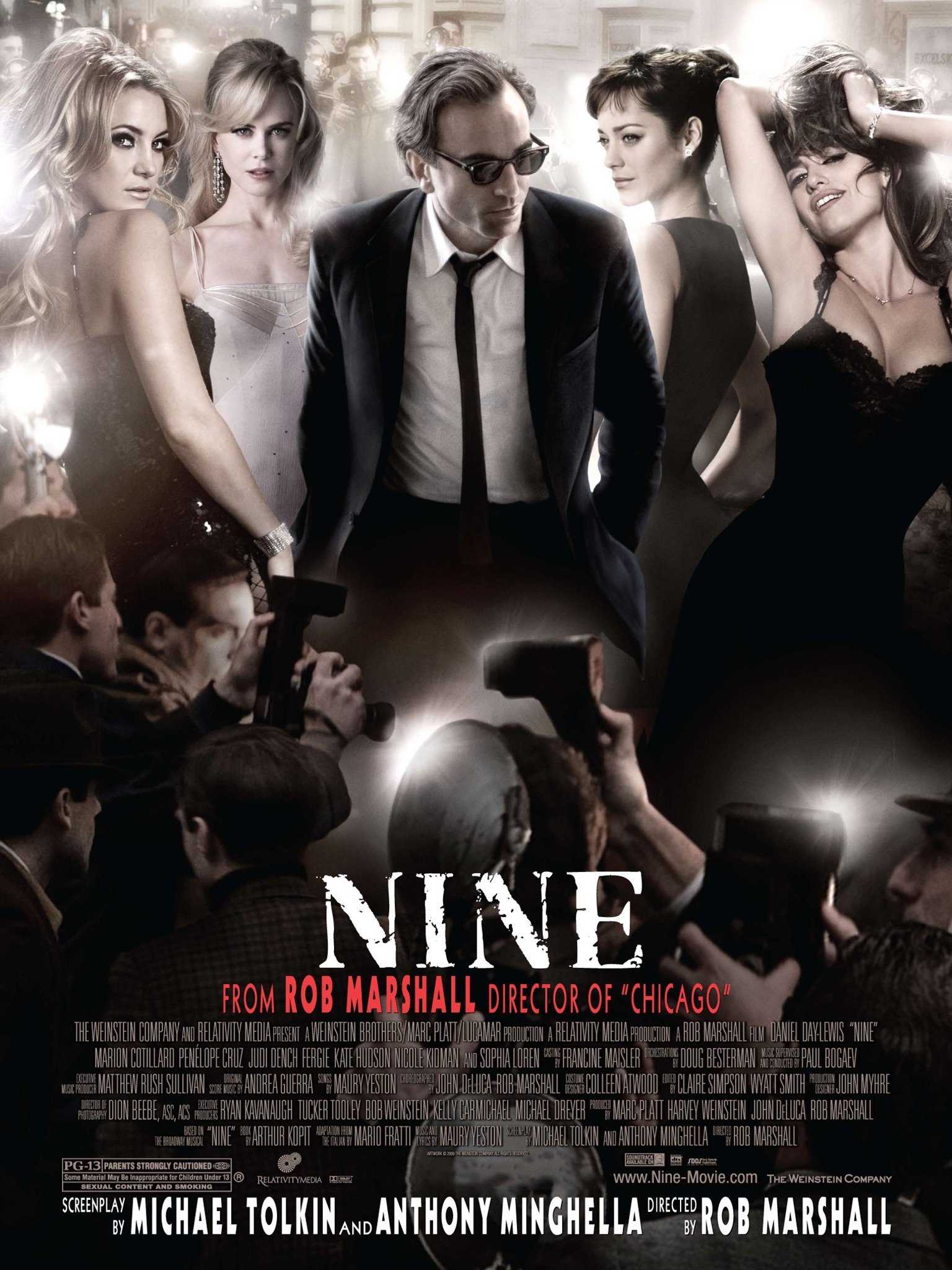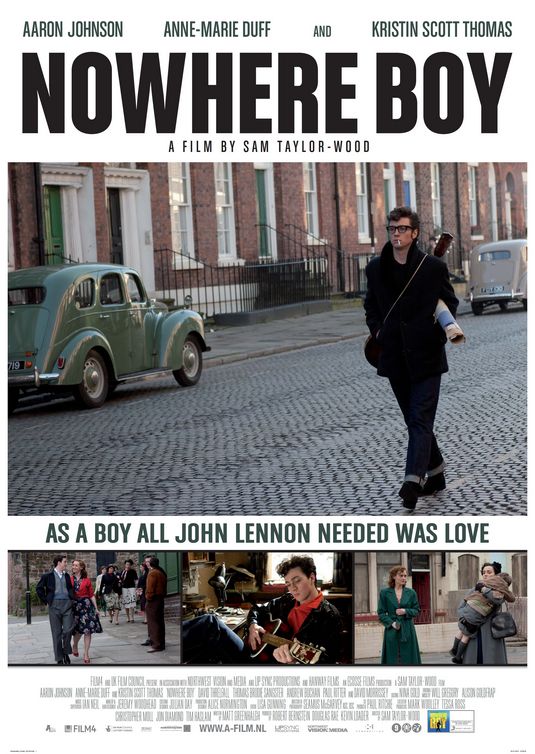The American (2010) – IMDb (PS Hollis Henry)
http://www.imdb.com/title/tt1440728/
Looking forward to this movie. Love Corbijn’s Control and his photos. He took one of Hollis Henry!
Can’t find it in this search though
PS

Relational Reading
I understand something is changing in our psyche / brain with respect to focus. It is much harder to read books! There are so many articles and blog posts that lament his process. Maybe something is lost, but so much more is gained. It is a lemarkian step in our evolution. Yes we can change psyche, and do to adapt to a new environment. We have such a wonderful capacity for fluidity. I am thankful I am a creature that can evolve!
We are now differently abeled. This process is not new. Media impacts psyche. Photography changed portraiture. Writing changed the oral traditions. Cinema changed theatre. Television changed cinema. Cinematic literacy impacted on the psyche. Old movies are slow! There must be a market in re-editing them for the contemporary soul.
Books are like old movies. We have moved on. Today we read in a relational way. We read a quote by a friend from Moby Dick, with a link to the whole book, we can search for snippets, or read the condensed version, flick to a trailer of the movie, read the reviews, and search, tweet, re-tweet, Instapaper and blog as we go.
This is lamented?!
But don’t get me wrong. There is nothing that will replace a good book, or an old movie for that matter. The context has changed, expanded.
We are still learning how to be here.
~
There are items like this one on how to train yourself to be in the dark:
http://infovegan.com/2010/07/26/how-to-focus
Like all exercise, different kinds of workouts work differently for different people. For me, interval training works wonders— this blog post, for instance, has taken me 70 minutes to research and write — ordinarily a blog post like this before I had this set-up would take me nearly a full day’s worth of work. More importantly though, I’m able to do things like read long articles or even academic papers — things I never used to “have time for” which really meant “had attention for.”
Look at the words in this: Distracted, shattered…
Author Nicholas Carr: The Web Shatters Focus, Rewires Brains | Magazine http://www.wired.com/magazine/2010/05/ff_nicholas_carr/all/1
The Internet is an interruption system. It seizes our attention only to scramble it. There’s the problem of hypertext and the many different kinds of media coming at us simultaneously. There’s also the fact that numerous studies—including one that tracked eye movement, one that surveyed people, and even one that examined the habits displayed by users of two academic databases—show that we start to read faster and less thoroughly as soon as we go online. Plus, the Internet has a hundred ways of distracting us from our onscreen reading. Most email applications check automatically for new messages every five or 10 minutes, and people routinely click the Check for New Mail button even more frequently. Office workers often glance at their inbox 30 to 40 times an hour. Since each glance breaks our concentration and burdens our working memory, the cognitive penalty can be severe.
(via Instapaper)
Walter
Sabina Spielrein movie coming!
Freud and Jung: A Meeting of Minds
As David Cronenberg reveals he is to make a film about Sigmund Freud and Carl Jung, Arifa Akbar analyses the relationship between psychiatry’s biggest brains
Hurt Locker, Green Zone – Offensive
I felt conned after seeing Hurt Locker. It seemed unrealistic, to the point of silly. The soldiers may be in the wrong war at the wrong time but they are not that stupid. But it ignores the Iraqis, do they even exist? It totally ignore the US is there killing civilians by the thousands. Obscene. Like the movies Nazis made. Pilger puts it well.
The Oscars con game | SocialistWorker.org:
What nonsense. Her film offers a vicarious thrill via yet another standard-issue psychopath, high on violence, in somebody else’s country, where the deaths of a million people are consigned to cinematic oblivion. The hype around Bigelow is that she may be the first female director to win an Oscar. How insulting that a woman is celebrated for a typically violent all-male war movie.
I also saw the The Green Zone. It was not as bad, but bad. Strangely it was attacked and praised for being anti-American. But it’s more subtle than that. For example, (from Wikipedia)
Andrew O’Hagan in The Evening Standard called Green Zone “one of the best war films ever made” because “it does what countless newspaper articles, memoirs, government statements and public inquiries have failed to do when it comes to the war in Iraq: exposed the terrible lies that stood behind the decision of the US and Britain to prosecute the war, and it does so in a way that is dramatically brilliant, morally complex and relentlessly thrilling.”
That is true but for anyone following the actual info coming out from the UN it was always obvious that this was a lie. Did anyone in power actually believe this? I doubt they manufactured false Intel for soldiers, that would be like believing their own lies. The movie gives more credibility to the lie than it deserves, it doth protest too much. As in Avatar, who is the hero of this invasion and its so-called expose? An American boy.
The movie (probably more so the book) Wag the Dog was right onto it, what year was that? 1997
Both these movies need to be seen on the light of such stories as this one from Donna Mulhearn – who went there as a human shield. (see later post)
Movie: Earth Whisperers/Papatuanuku
Just watched “Earth Whisperers Papatuanuku” http://www.wickcandle.co.nz/
Wonderful!
YouTube – Kathleen Gallagher interviewed by Sally Graham (Sep09):
TransitionStAlbans — 03 October 2009 — Kathleen Gallagher, director of the film “Earth Whisperers Papatuanuku”, interviewed by Sally Graham before our screening of the film on Wednesday 23 September 2009.
The International – Another Movie
The International ***1/2 Only just. It annoyed me in many ways, esp Clive Owen’s monotone, the muddled plot line. But the role of banking in war seems realistic, shocking.
Just checked: It is based on a true story. (Make that ****)
Poster follows:
Four Movies I’ve seen Recently
I liked them all, **** , none get five stars though. All forgettable, or is that my age?
Nothing but the Truth, Shutter Island, 500 Days of Summer, The Edge of Darkness
Images and very biref comments and links to IMDB follow.
Movie: Nine ***1/2
I liked it. It is a Broadway musical. More like Phantom of the Opera than 8 1/2 (I imagine – though I saw it I can’t recall anything but rambling B&W). I’d like to have seen more in Fellini style, or something… I sensed an incongruence. Maybe Hollywood is not the right form for an Italian movie.




